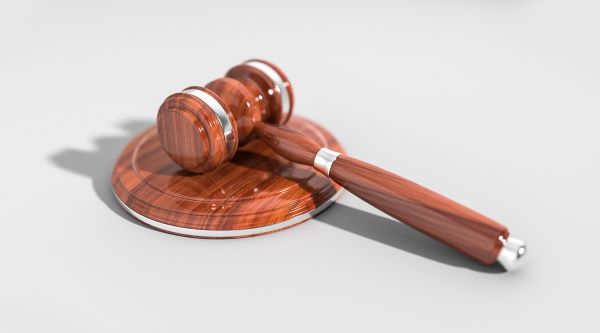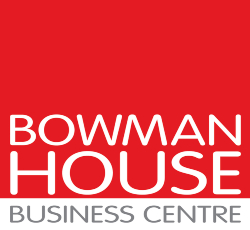In case you missed it see what’s in this section
Let's Talk

Unravelling CCJs - Your Detailed Guide
Navigating the intricate world of the UK's legal and financial systems can be daunting, especially when it comes to matters like a County Court Judgment (CCJ). A CCJ is a significant legal decree that can be issued against an individual who has failed to settle their debts.
The implications of a CCJ are far-reaching, affecting not only your financial standing but also your credit history. This comprehensive guide aims to shed light on the intricacies of a CCJ, its operational mechanism, and the concept of CCJ enforcement.
Decoding a CCJ
A CCJ is a legal judgement passed by a county court against a person who has been unable to repay money they owe. This is typically the final step taken after the creditor has made numerous attempts to recover the outstanding amount.
The CCJ outlines the repayment method of the debt and is a binding legal obligation. It's important to note that non-compliance with a CCJ can lead to additional enforcement proceedings, which can further complicate the situation.
The Mechanism of a CCJ
When a creditor applies for a CCJ against you, the court sends a 'claim form' specifying the debt amount. You are provided with a 14-day window to respond to this claim form. If you acknowledge the debt, arrangements for repayment must be made. If the amount is disputed, you have the right to challenge it.
Failure to respond to the claim form usually results in the court issuing a CCJ by default. This outlines the owed amount, the mode of payment (either in full or in instalments), the payee, and the payment deadline. It's crucial to understand that this is a legally binding document, and failure to adhere to its terms can lead to further legal consequences.
The Impact of a CCJ
The implications of a CCJ are severe. It is recorded on the Register of Judgments, Orders and Fines for six years and can drastically impact your credit score. This can hinder your ability to secure credit or borrow money in the future.
The register may also be checked by potential employers and landlords, which could affect job opportunities and property rental possibilities. Therefore, a CCJ can have far-reaching implications beyond just the immediate financial burden.
Enforcement of a CCJ
If a CCJ is not complied with, the creditor can return to court to enforce the judgement, a process known as CCJ enforcement. There are several enforcement methods, each with its own set of procedures and implications:
Warrant of Execution: This permits court bailiffs to visit your premises to collect the owed money or seize goods for sale. This can be a distressing experience and can also lead to loss of valuable possessions.
Attachment of Earnings Order: This directs your employer to deduct a certain amount from your salary to settle the debt. This can affect your monthly budget and financial planning.
Charging Order: This secures the debt against your assets or shares, which could be sold to settle the debt. This can potentially lead to loss of property or investments.
Third Party Debt Order: This freezes funds in your bank or building society to settle the debt. This can affect your liquidity and ability to manage your day-to-day expenses.
Preventing a CCJ
The most effective way to prevent a CCJ is to address any potential debts immediately. If you're having difficulty with repayments, it's crucial to communicate with your creditors and attempt to negotiate a payment plan. If you receive a claim form, do not disregard it. Consult a debt advisor or solicitor to understand your options. Proactive management of debts is key to preventing a CCJ.
In Conclusion
A CCJ is a serious legal matter with potential long-termeffects on your financial and personal life. Understanding the nature of a CCJ, its operational mechanism, and the process of CCJ enforcement is key to managing your financial obligations and navigating potential debt issues.
If you're confronted with a CCJ, it's advisable to seek professional guidance to understand your rights and possible courses of action.
The legal landscape can be complex and intimidating, but with the right knowledge and advice, you can navigate it effectively. Remember, the best approach to dealing with a CCJ is prevention.
Stay on top of your financial obligations, communicate openly with creditors if you're facing difficulties, and seek professional advice when needed. A CCJ is a serious matter, but with understanding and proactive management, its impact can be mitigated.
Weather in Swindon
Listings



















